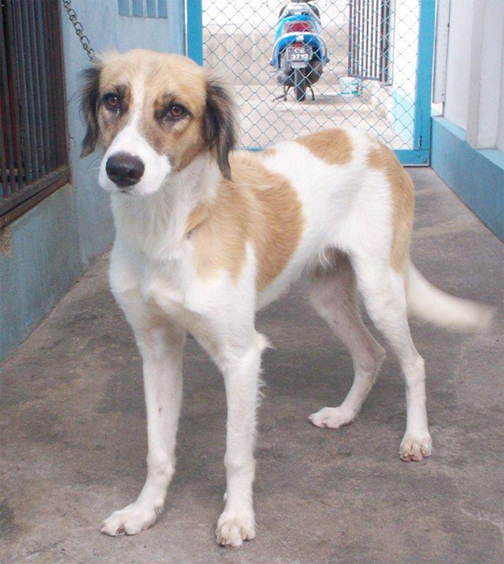Antibiotics
In the practice of human medicine, the misuse, abuse and incorrect use of drugs and all forms of medication must be high on doctors’ lists of frustrating activities carried out by their patients. Only the other day I saw a column written by a dentist lamenting this very widespread problem. In veterinary medicine, where the poor ailing animal can’t explain the possible origin or the focal point of his malady, the first expression of his discomfort will be to stop eating and to exhibit listlessness. Generally, when the owner notices the apathy, he (and I mean also ‘she’) will invariably and unfortunately let a few days elapse, so that the animal can ‘catch itself.’ After that period, during which no improvement in the animal’s condition can be discerned, the owner resorts, as was pointed out two weeks ago, to his/her own remedies. Irrespective of the genesis of the sickness, antibiotics are resurrected from the medicine cabinet (or from the neighbour’s old stock) and administered to ‘Rover.’ Never ever is even the dog’s temperature measured and recorded. How often have I not heard, as a response to my query whether the owner has introduced antibiotics on his/her own, “Yes, Doc, I gave my dog a black and red tablet.” This is usually followed by “and he did perk up immediately.”
Well, let me burst your bag; if you don’t know what the dog is suffering from, you should not implement medication about which you don’t know the active ingredient in the medicine; you don’t know what it’s good for; you don’t know the strength of the drug; you don’t know the dosage rate for a dog or cat or rabbit; you don’t know how long you must administer the medication and how often per day. Usually, you don’t even know your dog’s weight, and the dosage rates of some of these antibiotics are very weight specific.

Very often, one ends up underdosing the antibiotic which leads to a resistance build-up to the antibiotic. This is quite a calamitous state of affairs. When germs become resistant (immune) to the workings of the antibiotic, the drug will no longer be potent and efficacious. In other words, not only will the underdosed antibiotic not work against the current illness, but later on when you really need this antibiotic’s strength to combat the same or a new ailment, it will not work.
Actually, without going into the science related to antibiotics and the animal’s inherent immune capabilities, suffice it to say that antibiotics could in fact work against the body’s immune system. If we want to prevent infections, the safer and more natural way is to feed the animal well; that will surely improve its ability to fight off disease (résistance/immunity).
Your attempt to ‘remove’ an infection, once the infection has invaded the body, by ‘killing’ the germs with antibiotics can disrupt the body’s natural balance and weaken it further.
I should mention that the wild use of antibiotics kills everything in sight – friends and foes alike, good bacteria (eg, those required for digestion) and disease-producing germs (bad bacteria). All this results in the lowering of your pet’s defence mechanism. And while this is going on, the ‘smart’ disease – producing germs are evolving (developing resistance) to combat your antibiotic onslaught.
Every day in veterinary practice, vets recognize that the antibiotics capable of controlling infections are diminishing rapidly, due to the indiscriminate and repetitive use of these drugs. According to Pramod Vora, a Natural Health Counsel-lor, the day is not far away when the pharmaceutical industry may be unable to offer newer and more powerful antibiotics. The strength of the antibiotics now being used has grown to such an extent that their after effects linger on in the body for days after their usage has been stopped. Also, replacing the friendly bacteria lost from the body because of strong antibiotics is getting more difficult with each passing day.
The real message in today’s article is that antibiotics should not be introduced as part of the arsenal against a disease unless it is deemed necessary by your veterinarian – hopefully not one that also immediately turns to antibiotics as a first line of defence. If the cause of the ailment is a heavy burden of worms, one should not introduce antibiotics immediately, when one can get rid of the germs and coax the animal back to perfect health via a good diet and supportive/appropriate therapy.
Please implement disease preventative measures (vaccinations, routine dewormings, monthly anti-heartworm medication, etc) and adopt-a-pet from the GSPCA’s Animal Clinic and Shelter at Robb Street and Orange Walk, if you have the wherewithal to care well for the animals. Do not stray your unwanted pets, take them to the GSPCA’s Clinic and Shelter instead. If you do not wish your pet to have puppies or kittens, you may exploit the GSPCA’s free spay and neutering programme. If you see anyone being cruel to an animal, or if you need any technical information, please get in touch with the Clinic and Shelter by calling 226-4237.


